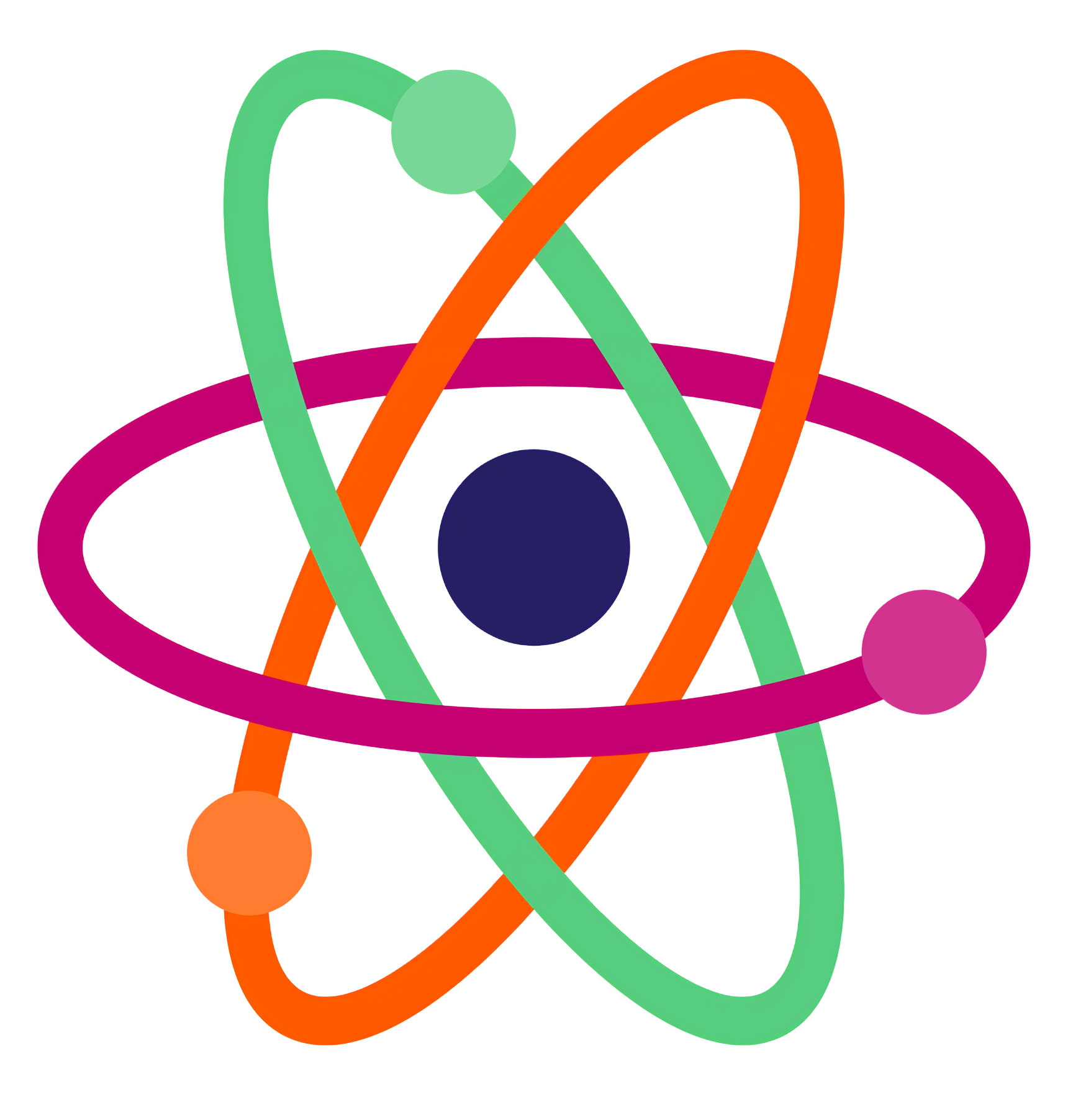The learning goals of kindergarten are typically designed to build foundational skills in several key areas: academic, social, emotional, and physical development. Here’s a breakdown of common learning goals:
These goals aim to provide a balanced introduction to academic concepts while also nurturing social, emotional, and physical development, ensuring children are well-prepared for more structured learning in later grades.
